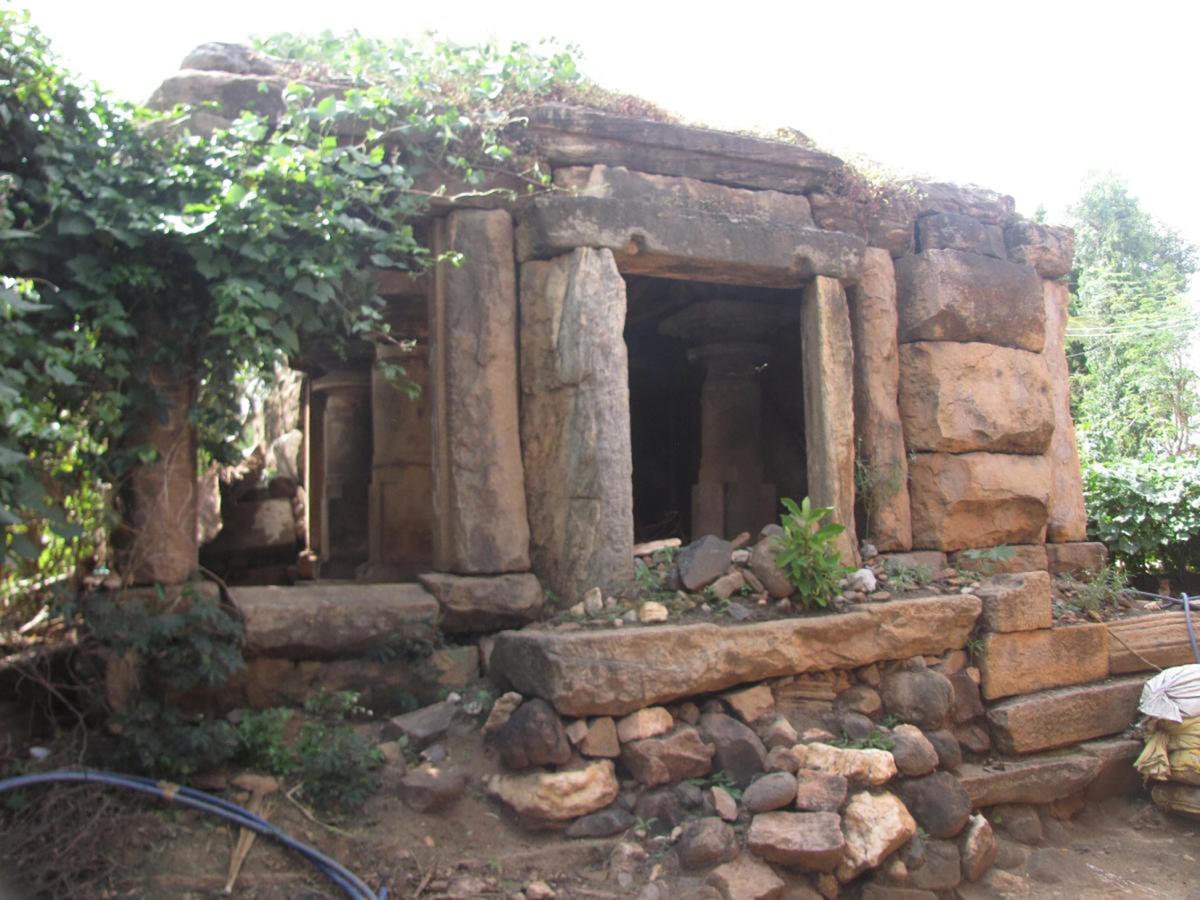Introduction
In the realm of world religions, Jainism stands out with its profound commitment to non-violence, or Ahimsa. This principle, central to Jain philosophy, guides the lives of Jains in their journey towards spiritual enlightenment.
Understanding Ahimsa
Ahimsa, the principle of non-violence, is the cornerstone of Jainism. It extends beyond physical non-violence, encompassing non-violence in thought and speech. This principle influences the dietary habits, lifestyle choices, and interactions of Jains with the world.
Ahimsa and the Jain Community
The Jain community, steadfast in its commitment to Ahimsa, exemplifies a way of life rooted in peace, respect, and compassion for all life forms. This commitment to non-violence shapes the community’s unique cultural and social fabric.
The Spiritual Dimension of Ahimsa
In Jainism, Ahimsa is more than a moral guideline; it’s a spiritual quest, a pathway to liberation (Moksha). By practicing non-violence, Jains believe they can purify their souls and attain spiritual enlightenment.
Ahimsa: A Pathway to Liberation
The practice of Ahimsa is seen as a means to liberate the soul from the cycle of birth and death. By avoiding harm to all living beings, Jains strive to accumulate good karma, which aids in the attainment of Moksha.
The Practice of Ahimsa in Daily Life
The principle of Ahimsa permeates the daily life of Jains. It influences their dietary habits, with Jains following a strict vegetarian diet. It also impacts their professional choices, with Jains preferring occupations that minimize harm to other beings.
Tags for this section: Ahimsa, Jainism, Spiritual Enlightenment, Moksha, Karma, Vegetarianism, Jain Lifestyle
Ahimsa and the Environment
The principle of Ahimsa in Jainism extends to the environment as well. Jains believe in living in harmony with nature, leading to a deep-rooted respect for biodiversity and ecosystems.
Jainism: A Forerunner in Environmental Ethics
Long before environmentalism became a global concern, Jainism advocated for the respectful coexistence with nature. Jains view the environment as a complex web of life, where every creature, no matter how small, has a role to play and deserves respect.
Sustainable Living: The Jain Way
The Jain lifestyle, influenced by Ahimsa, often aligns with sustainable living. Many Jains practice frugality, minimize waste, and advocate for animal rights, contributing to environmental conservation in their unique way.
Tags for this section: Ahimsa, Jainism, Environment, Biodiversity, Ecosystems, Environmental Ethics, Sustainable Living, Frugality, Animal Rights, Conservation
The Global Relevance of Ahimsa
In today’s conflict-ridden world, the Jain principle of Ahimsa offers a beacon of hope. Its emphasis on non-violence, respect for all life forms, and peaceful coexistence resonates with global peace initiatives.
Ahimsa: A Universal Appeal
Ahimsa, with its universal appeal, transcends religious boundaries. Its message of peace and non-violence resonates with people of all faiths, making it relevant in a global context.
Ahimsa and Global Peace Initiatives
The principle of Ahimsa aligns with global peace initiatives. Its emphasis on non-violence and respect for all life forms offers a philosophical foundation for fostering peace and harmony in the world.
Tags for this section: Ahimsa, Jainism, Global Relevance, Universal Appeal, Peace, Non-Violence, Global Peace Initiatives, Harmony
At last:
The principle of Ahimsa in Jainism offers a profound perspective on non-violence, respect, and compassion. It shapes the lives of Jains and influences their interactions with the world. In its commitment to non-violence, Jainism offers a pathway to spiritual enlightenment and a model for peaceful coexistence. As we navigate the challenges of the modern world, the timeless wisdom of Ahimsa serves as a guiding light, reminding us of the interconnectedness of all life forms and the importance of living in harmony with each other and the environment.
Tags for this section: Ahimsa, Jainism, Non-Violence, Peace, Compassion, Spiritual Enlightenment, Modern Challenges, Interconnectedness, Harmony, Environment



